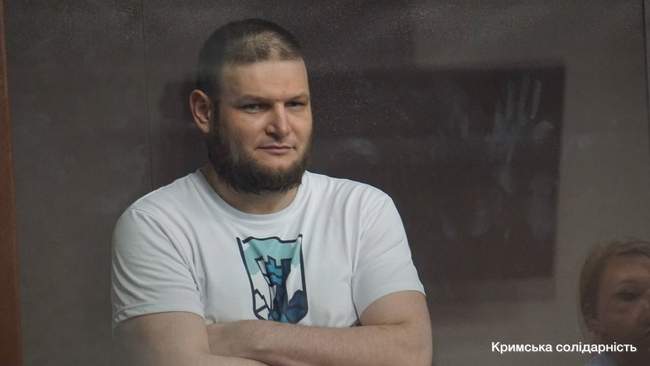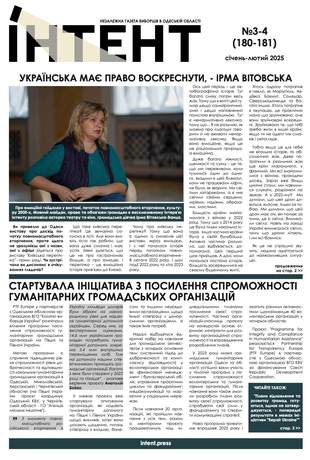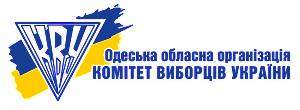Меню
Social networks
May 10, 2025, 2:54 p.m.
Believing political prisoners from Crimea are punished for praying in a Russian colony
Цей матеріал також доступний українською24

Photo: Crimean Solidarity
Ukrainian citizens illegally detained by Russia in prisons after being forcibly removed from the occupied Crimea face systematic harassment and violations of their rights.
This was reported by the Ukrainian Parliament Commissioner for Human Rights Dmytro Lubinets.
In particular, we are talking about the Crimean Tatar journalist and public activist Remzi Bekirov, who is deprived of the opportunity to perform religious duties in accordance with the norms of Islam. Because of his attempts to perform daily prayers, the prisoner was repeatedly sent to a punishment cell. Bekirov appealed against the actions of the colony administration, but his complaint was rejected, after which the conditions of detention only worsened.
The Ombudsman emphasized that the case of Bekirov is not an isolated one. Relatives of other Crimean political prisoners regularly apply to the Ombudsman's Office with reports of pressure due to the observance of religious norms. In particular, it is about obstacles to eating during the fasting period, the prohibition of Friday prayers and other forms of harassment.
Such actions by the Russian penitentiary system have signs of torture and grossly violate international human rights standards. Dmytro Lubinets called on the international community to respond to the harassment of Ukrainian citizens from the temporarily occupied territories, to increase pressure on Russia and to seek the release of all illegally imprisoned Ukrainians.
Earlier, Intent wrote that Remzi Bekirov, a civilian journalist from Crimea, who has been in Russian captivity for more than five years, was transferred to a high-security colony.
Meanwhile, Ukraine was able to prove in the European Court of Human Rights that Russia is pursuing a systematic policy of human rights violations in the occupied Crimea. According to Margarita Sokorenko, the ECHR Commissioner, the court recognized that the violations were not isolated incidents in 2014 or 2015, but a regular practice that began with the seizure of the peninsula and continues to this day. The massive scale of these violations is directly related to the implementation of Russian legislation in the annexed territory.











